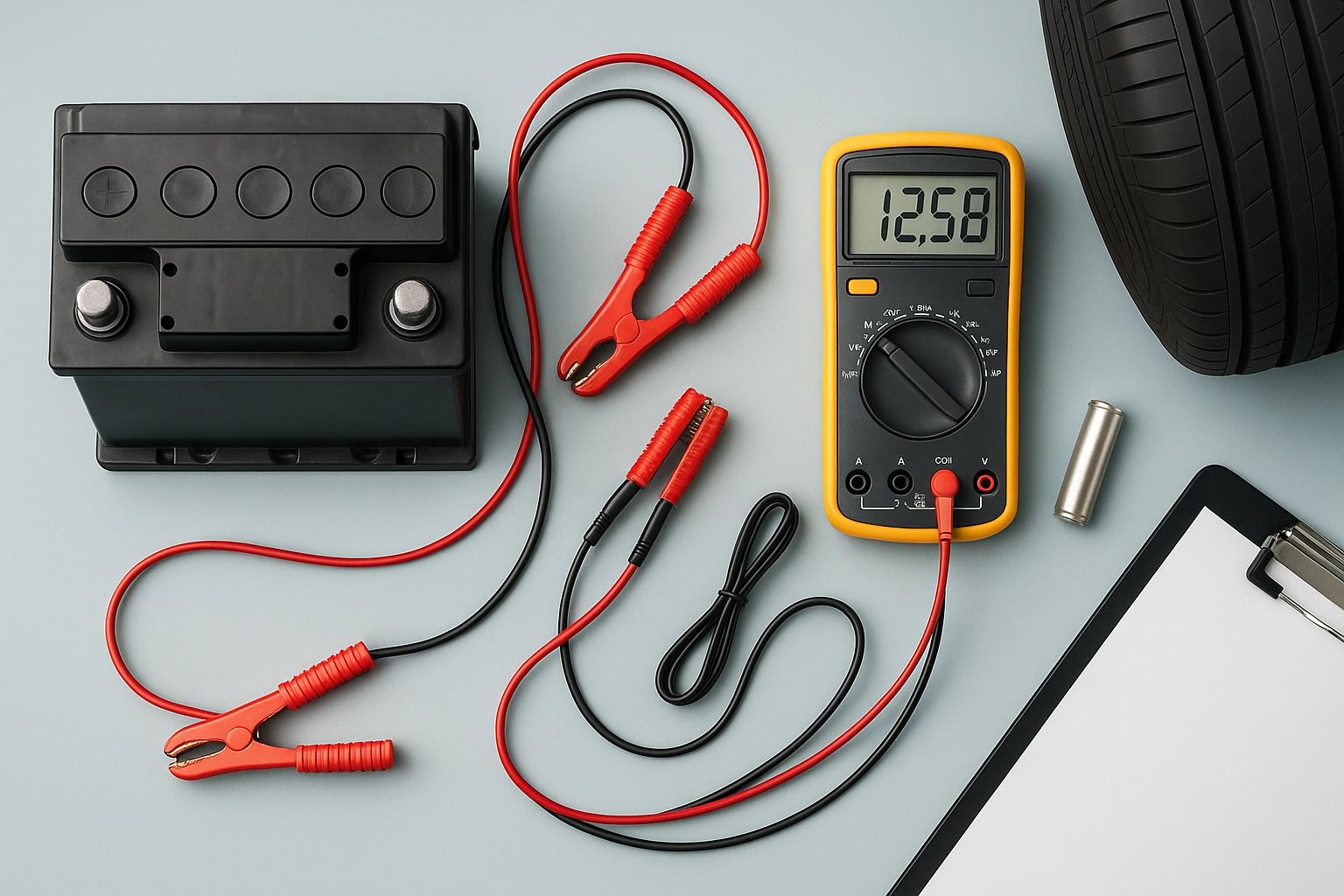SAE J2929 EV Battery Safety Testing
The automotive industry is facing unprecedented challenges in ensuring the safety and reliability of electric vehicle (EV) batteries. As demand for electric vehicles continues to grow, so does the need for robust testing protocols that can accurately assess battery performance under various stress conditions.
SAE J2929 specifies a series of tests designed to evaluate the thermal runaway propagation resistance of EV battery modules and packs. This standard is critical in preventing the spread of fire or other hazardous events within the vehicle's powertrain system, thereby enhancing passenger safety during accidents or malfunctions.
The testing process involves subjecting batteries to controlled environmental conditions that simulate real-world scenarios such as overcharging, short-circuiting, and mechanical impact. By adhering strictly to SAE J2929 guidelines, manufacturers can ensure compliance with global regulations aimed at improving the safety standards of EVs.
The importance of this testing cannot be overstated given recent incidents involving lithium-ion batteries overheating or catching fire during transport or use. These events have highlighted the necessity for stringent quality control measures in battery manufacturing and design. Properly conducted SAE J2929 tests help identify potential weaknesses early in development cycles, allowing for timely corrections before products reach market.
At [Lab Name], our team specializes in providing comprehensive SAE J2929 EV Battery Safety Testing services tailored to meet the rigorous demands of automotive manufacturers and suppliers. Our state-of-the-art facilities are equipped with advanced instrumentation capable of replicating harsh operating environments while maintaining high precision throughout all phases of testing.
Our experienced technicians follow strict protocols outlined in SAE J2929, ensuring consistent results that reflect accurate representations of actual operational conditions encountered by EV batteries. From initial sample preparation to final data analysis and reporting, every step is meticulously documented to provide transparent insights into battery performance.
Why It Matters
The automotive industry faces increasing pressure from regulators and consumers alike regarding the safety of electric vehicle (EV) batteries. With incidents involving overheating or catching fire becoming more frequent, there is an urgent need for comprehensive testing to mitigate risks associated with these powerful energy sources.
SAE J2929 plays a vital role in addressing this issue by establishing clear criteria for evaluating the thermal runaway resistance of EV battery modules and packs. This standard not only helps ensure product safety but also fosters confidence among consumers who are increasingly adopting electric vehicles as part of their daily commutes.
By adhering to SAE J2929, manufacturers can demonstrate compliance with international standards while showcasing their commitment to delivering safe, reliable EV batteries. This is particularly important given the growing number of regulations aimed at enhancing overall vehicle safety across all segments, including passenger cars, light trucks, and commercial vehicles.
The importance of SAE J2929 extends beyond mere regulatory compliance; it also contributes significantly to reducing liability risks for both manufacturers and end users. Should an incident involving a faulty battery occur, having undergone thorough testing according to recognized standards can help defend against claims of negligence or product defects.
Applied Standards
The SAE J2929 standard is based on several key international norms and practices that form the foundation for evaluating EV battery safety. These include:
- ISO 6469-1:2015 - General technical requirements for rechargeable cells and batteries intended for portable applications, Part 1: Terminology and general aspects.
- ISO 12405-1:2019 - Safety of electrical equipment in the household and similar environments -- Particular requirements for battery chargers, Part 1: General aspects.
- ASTM G37-05 - Guide for evaluating thermal runaway resistance of rechargeable cells and batteries intended for portable applications.
Industry Applications
| Application Area | Description |
|---|---|
| Automotive Original Equipment Manufacturers (OEMs) | OEMs use SAE J2929 testing to validate the safety and reliability of their EV batteries before integration into vehicles. |
| Battery Module Suppliers | Suppliers rely on SAE J2929 tests to ensure that their components meet stringent safety requirements prior to being incorporated into larger battery assemblies. |
| Government Agencies and Regulatory Bodies | Regulatory bodies utilize SAE J2929 results when assessing compliance with local safety regulations for EVs. |
- OEMs must demonstrate that their batteries can withstand extreme conditions without causing thermal runaway or other hazards.
- Battery module suppliers need to prove the integrity of individual cells and modules under stress to prevent failures in end products.
- Government agencies require independent verification through SAE J2929 testing to ensure public safety standards are met across diverse markets.





